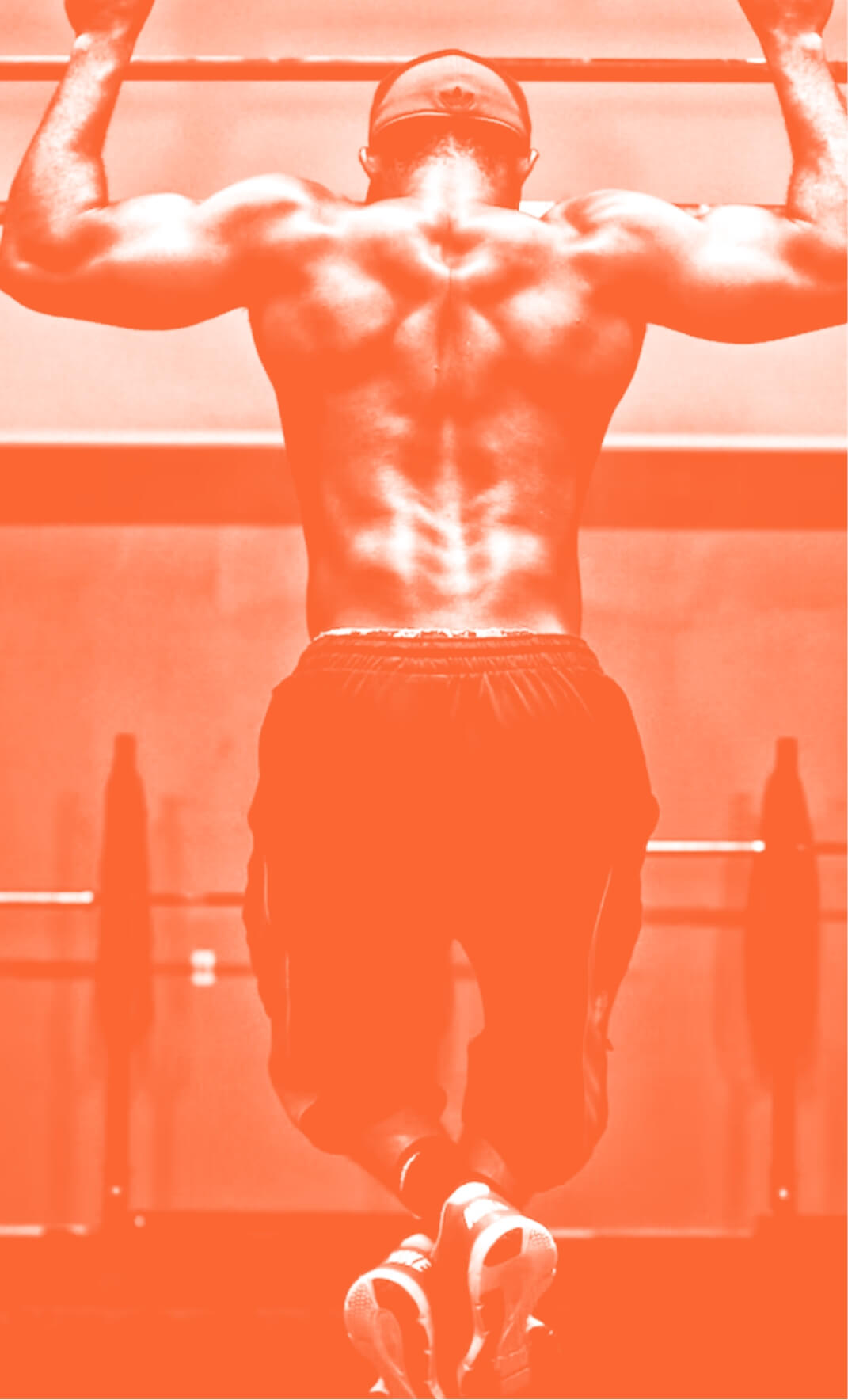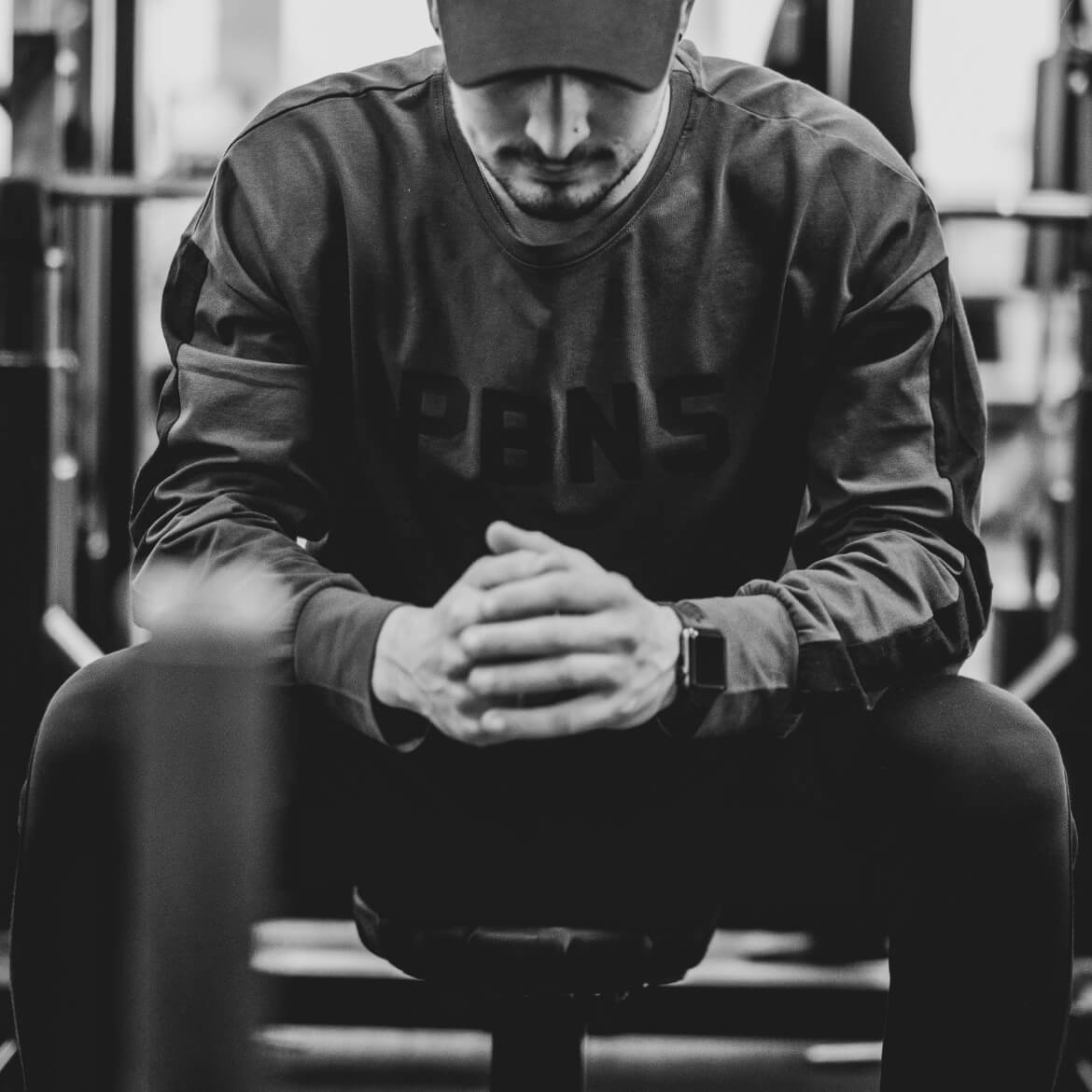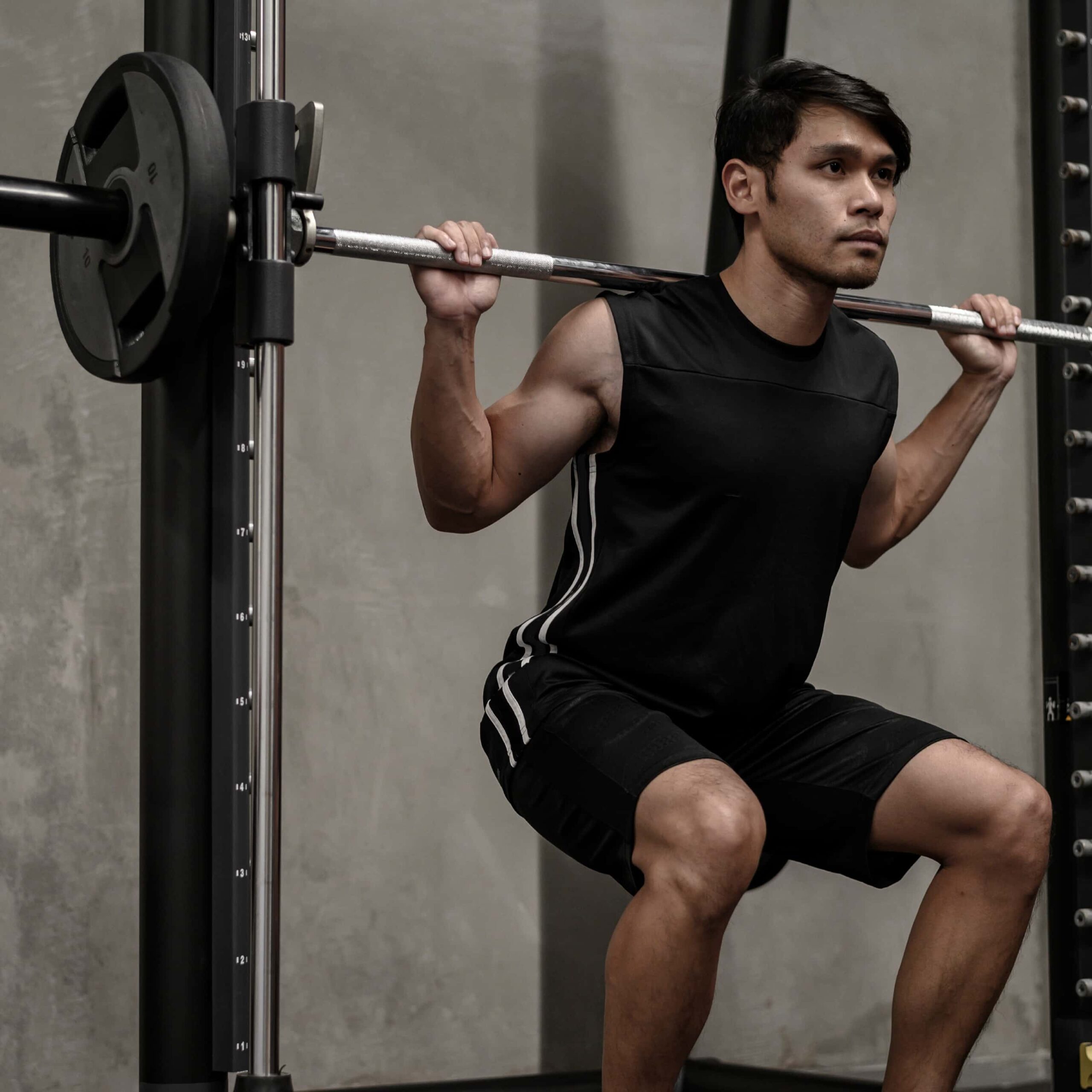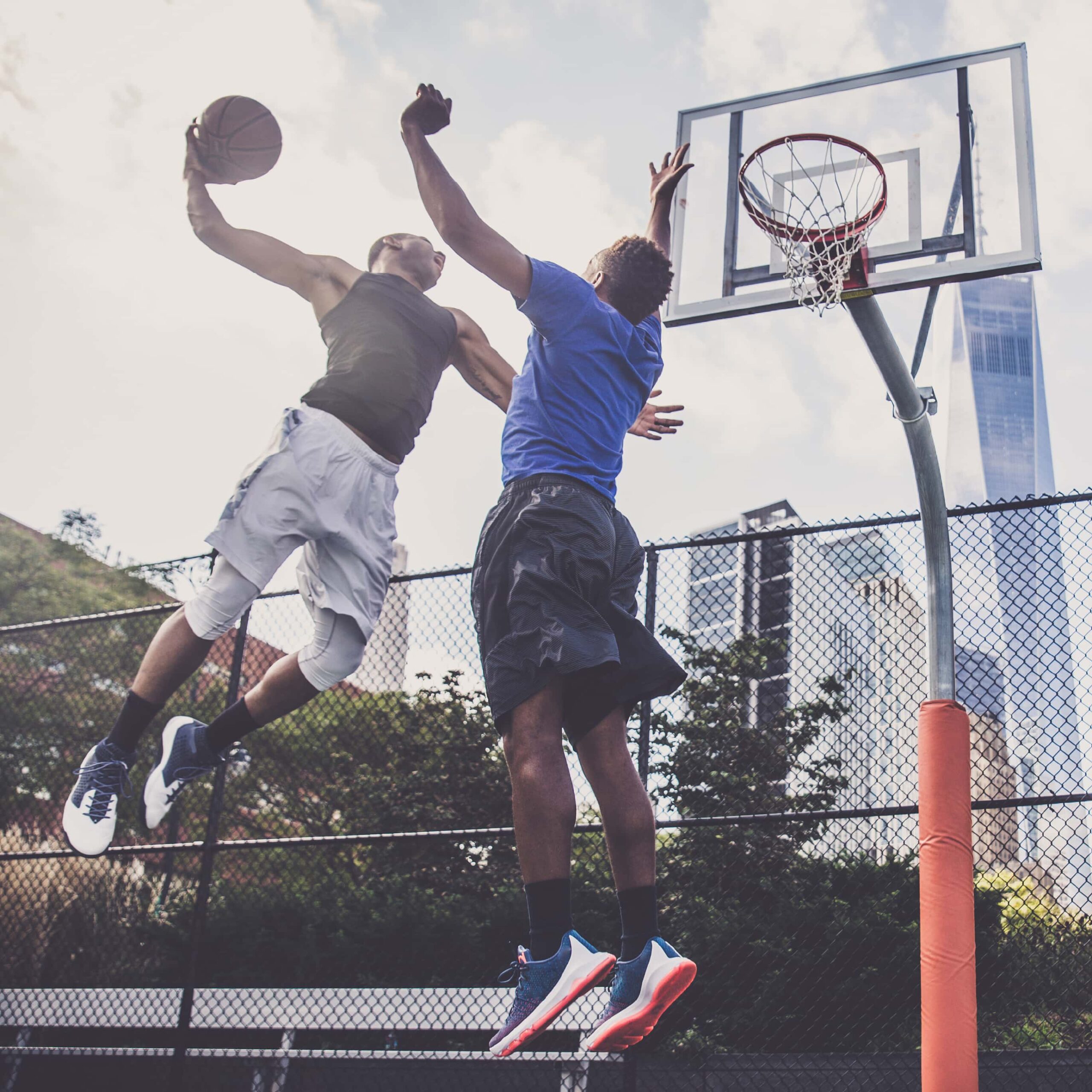Why and When to Lift More Weight
14th Jun 19

It’s easy to sometimes fall into a routine when you train. Lifting the same weights, on the same bench for the same routines on the same days every week… It’s natural to do. After all, humans are creatures of habit, and it gets easier and more comfortable as time goes on. You know what you can and can’t do, after all. It makes sense.
Want to move fast? Jump to the right section below.
The Issue

Your comfort zone is actually one of your biggest enemies when it comes to training and lifting weights in particular. There is no perfect formula for what to lift, how many reps, and in what order. We are all different and have massively different goals.
This does not mean we should aim for the biggest possible weights every time we go to the rack. On the other hand, you shouldn’t just stick to the same weights in the same workout all the time either, or your muscles will stop getting stronger over time, and your progress will simply stop. You need to find the balance to progress.
When a new exercise is performed for the first time, it’s important to first master how to exercise safely. It’s the only way to improve safely without causing any real or lasting damage. If not, your progression will take a hit, and training will become a lot more dangerous by using bigger weights. Go at your own pace; only you know what it is that you can do.
New To Lifting Weights

Lifting weights that are too big is often a problem for beginners to weightlifting. New starters are usually concerned about using low weights or doing something wrong, which does happen. It’s rare if you know your stuff, but everyone starts somewhere. It is much easier for beginners to start low and practise on their form before using hefty weights, and it’s more beneficial as well.
Beginners will likely see quicker growth in size because of their muscles not being used to any workload at all. Sounds awesome, right? That’s why nailing your form is so vital. You can move up the rack as quickly as you can and see the best results. However, it soon curbs for a while, so you need to make the most of it.
This being said, though, it’s always easier to feel confident in what you’re doing if you already know for a fact that you can do it to the degree that you’re happy with. It goes against some of the most basic principles of muscle growth, though. You have to improve the workload you are performing to effectively overload your muscles into needing to grow. That’s the only way to actually be able to move that weight in the first place.
What To Do

If you aren’t increasing your workload regularly, you will almost certainly see progress drop and even grind to a halt in some cases. In terms of growth, at least. But, even if you can’t lift a heavier weight, just increasing repetitions can make a big difference to your results. Just keep changing things up. Set styles make a huge difference!
Changing exercises that work the same muscle groups in different ways can also help in aiding this muscle growth. The muscle not being used to the adaptation of the exercise is great for development. A good combination of these factors is definitely the most effective way to go.
If you are really stuck, it can even be worth looking into asking for help from a trainer or a friend. Even asking someone just to spot you whilst you try and push yourself as hard as you can. After all, help is help, and it can be a great way to keep the motivation going.
Lifting larger weights does not stop at muscle growth either. Lifting larger weights also requires more energy than a much lighter weight would. That means that more calories are burnt to perform the exercise. If losing weight is your goal by burning more calories, this is probably going to be a pretty key factor in helping you get there and your diet, of course. You’ll get that afterburn and resting energy expenditure on your side too!
When To Change The Weight

So, how do you know when to move up in weight? Most people have their own workout techniques which they stick to and which work for them. That is absolutely fine, as long as it is safe and healthy. A good idea is to always aim to perform between 8 and 10 reps for at least three sets. If this becomes easy or if you can perform far more than 12 reps, it’s probably time to change.
If you do change and you can’t manage 6-8 reps, consider going back down and increasing the reps for a while. You should be able to perform 80-90% of your reps with perfect form, after all.
Different Muscles Lift Different Weights
This little tip can be stressful for some people, however, especially as progress starts slowing down or people are itching to be able to lift larger weights. That’s often the case for smaller muscles or muscle groups. It is important to remember that bigger muscles can generally move bigger weights. Especially if they are compound exercises, we mean that you might well be able to move quite a lot more on your chest press. Still, when it comes to triceps exercises with free weights, you’re going to be substantially lower due to only using smaller muscles and less of it. That’s normal and expected.
Patience really is a virtue when you’re training, and if you put in the work, you’ll get the results. Try changing things up if you’re seeing plateaus before you get frustrated. Different things work for different people, and you need to keep pushing.
Everybody is different, has their own individual goals, and makes their own progress. Just make sure that you’re doing your best to reach yours! Start small, perfect your form, push your limits. They’re all fundamentals of building muscle and increasing strength. In that order, you can’t go too far wrong.

Before beginning any exercise or nutrition program, consult your physician, doctor or other professional. This is especially important for individuals over the age of 35 or persons with pre-existing health problems. Exercise.co.uk assumes no responsibility for personal injury or property damage sustained using our advice.
If you experience dizziness, nausea, chest pain, or any other abnormal symptoms, stop the workout at once and consult a physician or doctor immediately.









